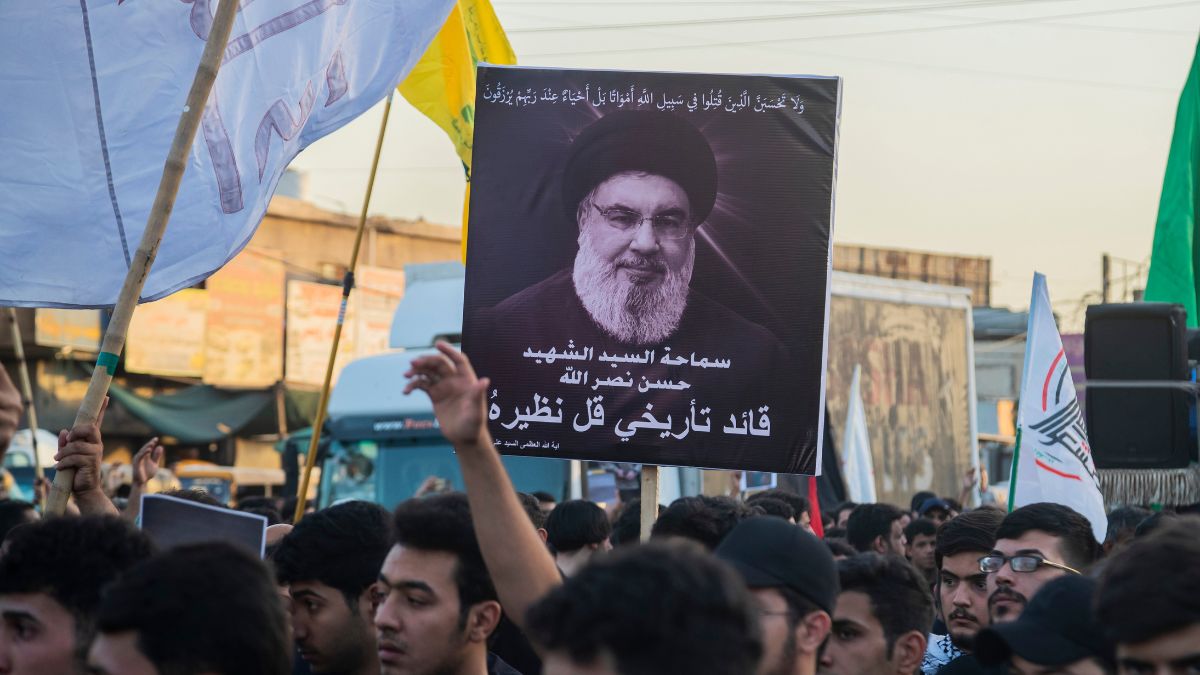Tesla bursts into flames inside Florida garage flooded by Hurricane Helene, terrifying video surfaces: Watch
NO SHARK SEEN
The garage where the incident took place was flooded with saltwater by Hurricane Helene.
A terrifying video shows the moment a Tesla burst into flames inside a Florida garage as a result of Hurricane Helene. The garage where the incident took place was flooded with saltwater by the storm.

The fire, which started underneath the electric ride, completely engulfed it in less than a minute, the video shows. The room was quickly filled with thick smoke.
Pinellas County Government shared the video on Facebook, with a warning. “Electric Vehicles that have been flooded in saltwater can catch fire. As you return home, here's some advice from our fire admin,” the post reads.
The advice includes points like, “Do not charge, drive, or store your EV or E-bike in your home or garage,” “do move the EV or E-bike 50 feet away from any other combustible material,” and “do have the vehicle towed to a dealership for inspection.”
‘The road to recovery will be long’
The storm has killed at least 91 people, and the number is reportedly expected to increase. President Joe Biden expressed his sorrow at the “loss of life and devastation caused by Hurricane Helene across the Southeast.” In a statement released by the White House, he said, “The road to recovery will be long, but know that my Administration will be with you every step of the way. We’re not going to walk away. We’re not going to give up. As we turn toward recovery efforts, we will make certain that no resource is spared to ensure that families, businesses, schools, hospitals, and entire communities can quickly begin their road to rebuilding. Jill and I are praying for those who lost loved ones from Hurricane Helene, and for those whose homes, businesses, and communities were impacted by this terrible storm.”
Federal emergencies were declared in Alabama, Florida, Georgia, North Carolina, South Carolina and Tennessee. Over 800 personnel from the Federal Emergency Management Administration (FEMA) had to be deployed. According to the National Weather Service, conditions would "continue to improve today following the catastrophic flooding over the past two days."













